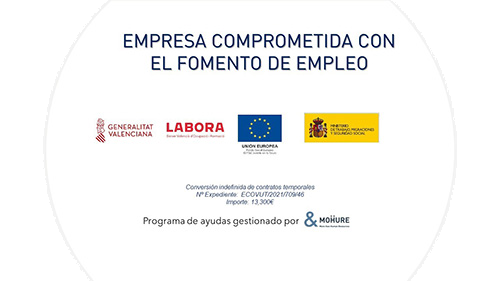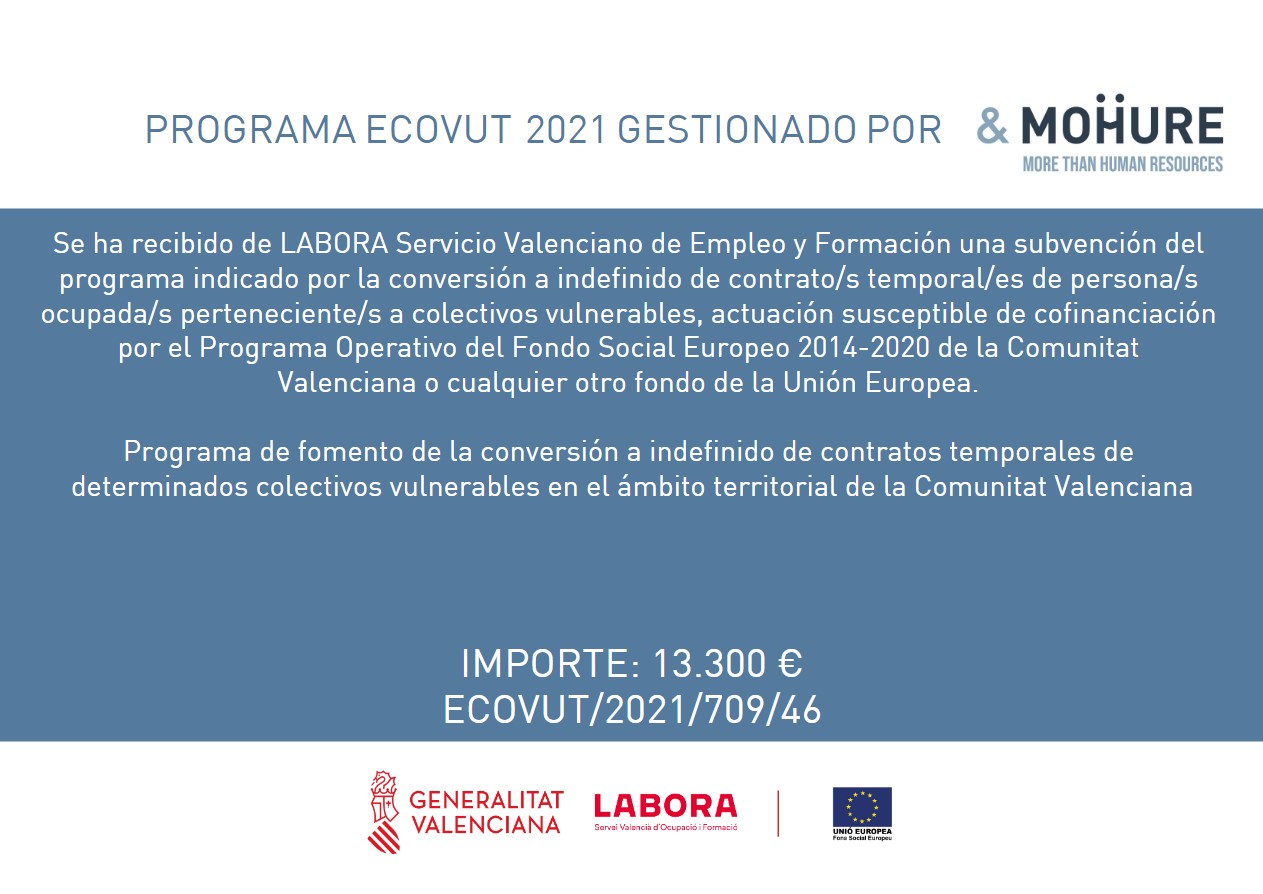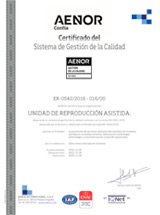The Unit of Reproduction Vistahermosa achieves high success ratios with this technique, reaching a 90% of effectivity.
The increase of the life expectancy and the rejuvenation of society – 40´s are the new 30´s -, as well as the dilemma of having to choose between maternity and professional career, leads many women to break their dream of becoming mothers, as their childbearing age is affected and quality of their eggs is not as good as it should be. In nowadays society, it is very common to find women older than 40 who wish to become mothers, and who choose the egg donation process in order to develop an ongoing pregnancy and thus, to have a healthy baby at home.
 This circumstance has resulted in a wider dissemination of information about egg donation, a reproductive technique which has currently experienced a remarkable demand. In this sense, the egg donors play an important role. These donors are women in their fertile years who, with this altruistic gesture, help many couples who because of age, diseases, or genetic alterations have fertility problems and cannot procreate themselves.
This circumstance has resulted in a wider dissemination of information about egg donation, a reproductive technique which has currently experienced a remarkable demand. In this sense, the egg donors play an important role. These donors are women in their fertile years who, with this altruistic gesture, help many couples who because of age, diseases, or genetic alterations have fertility problems and cannot procreate themselves.
More and more young women undergo this procedure, which permits other women to become mothers. “This is a very simple, painless and quick intervention, which does not affect the fertility of the donor. After a slight ovarian stimulation, the process continues with an egg collection vaginally, using local anesthesia lasting between 20 – 30 minutes, so that the patient returns to normal life in one hour. Once completed the process of egg donation, the donor gets her period again, “said Dr. José Jesús López Gálvez, Director of the Reproduction Unit Vistahermosa.
According to Dr. López Gálvez, this treatment, which is totally anonymous, is performed in donors aged between 18 and 30 years who have gone through a series of psychological tests as well as several analytical tests that corroborate their perfect health and fertility. Moreover, the director of the Reproduction Unit Vistahermosa says: “egg donors are young people who do not have personal or familiar hereditary diseases or gynecological pathologies either. Furthermore, they are not carriers of any kind of sexually transmitted disease.”
The most striking of this reproductive technique is its high success rate. “The data show that egg donation will reach the 90% of the success rate after two cycles, transferring two embryos and with less than 10% of multiple pregnancy. In Vitro Fertilization (IVF) –Intracytoplasmic Sperm Injection (ICSI) the success rate ranges between 40% – 65%, and even achieves 70% in women under 35 years old. In Artificial Insemination (AI), after four cycles, patients can achieve up to 60% of success rate. In Artificial Insemination by donor sperm (AID) 80% of success is achieved after four cycles”, says Lopez Galvez. In addition, “this high percentage is independent of the age of the woman, the only requirement is to have a healthy uterus and a good health, so it is an exceptional via for those women who, regardless of their age, did not achieve the pregnancy by using the conventional treatments.
rate after two cycles, transferring two embryos and with less than 10% of multiple pregnancy. In Vitro Fertilization (IVF) –Intracytoplasmic Sperm Injection (ICSI) the success rate ranges between 40% – 65%, and even achieves 70% in women under 35 years old. In Artificial Insemination (AI), after four cycles, patients can achieve up to 60% of success rate. In Artificial Insemination by donor sperm (AID) 80% of success is achieved after four cycles”, says Lopez Galvez. In addition, “this high percentage is independent of the age of the woman, the only requirement is to have a healthy uterus and a good health, so it is an exceptional via for those women who, regardless of their age, did not achieve the pregnancy by using the conventional treatments.
The Director of the UR Hospital Clinics indicates that “although the Spanish law does not allow to commercialize with eggs itself, fertility clinics offer a financial compensation for the inconvenience of the treatment, which usually ranges between 600 and 900 euros.
Despite being one of the youngest techniques in the Reproductive Medicine, egg donation is ranking among the techniques which fulfill the most the maternity wishes of many people.










